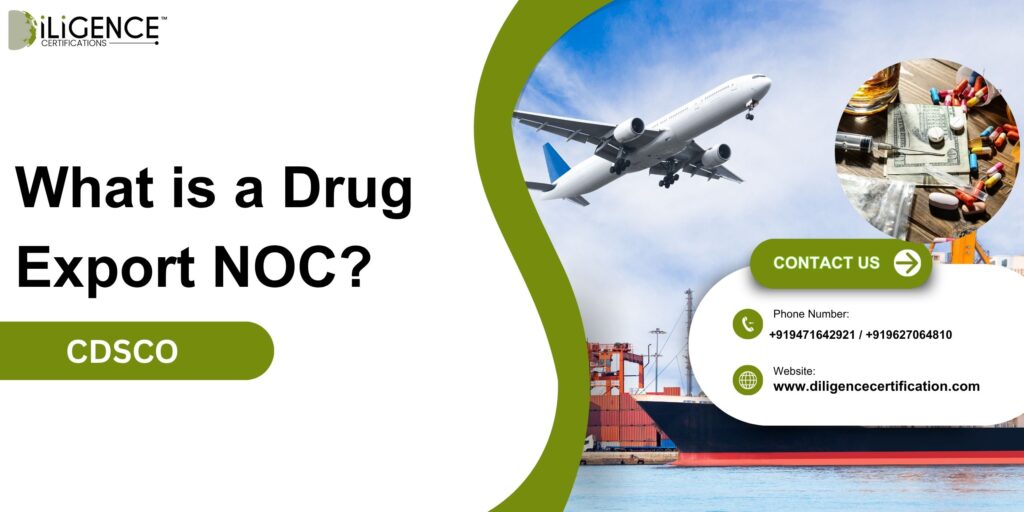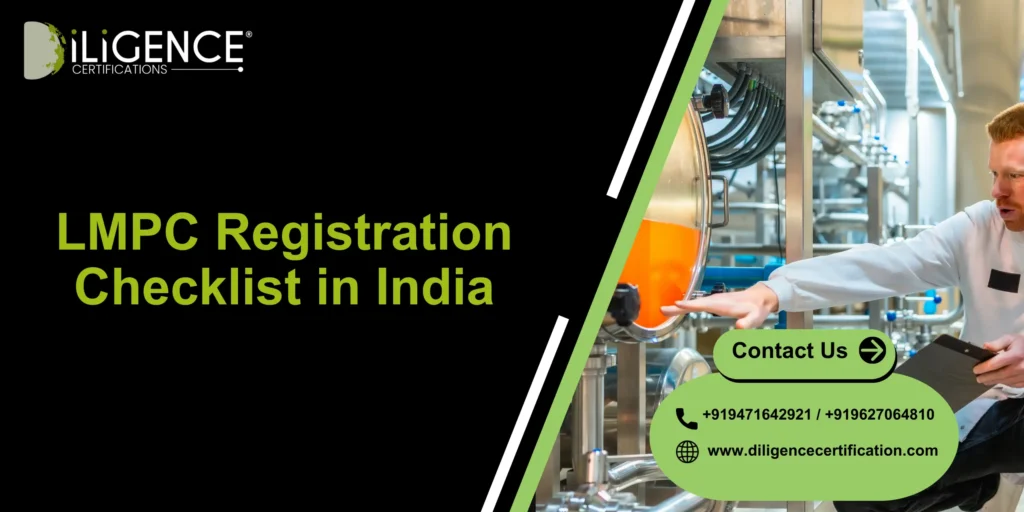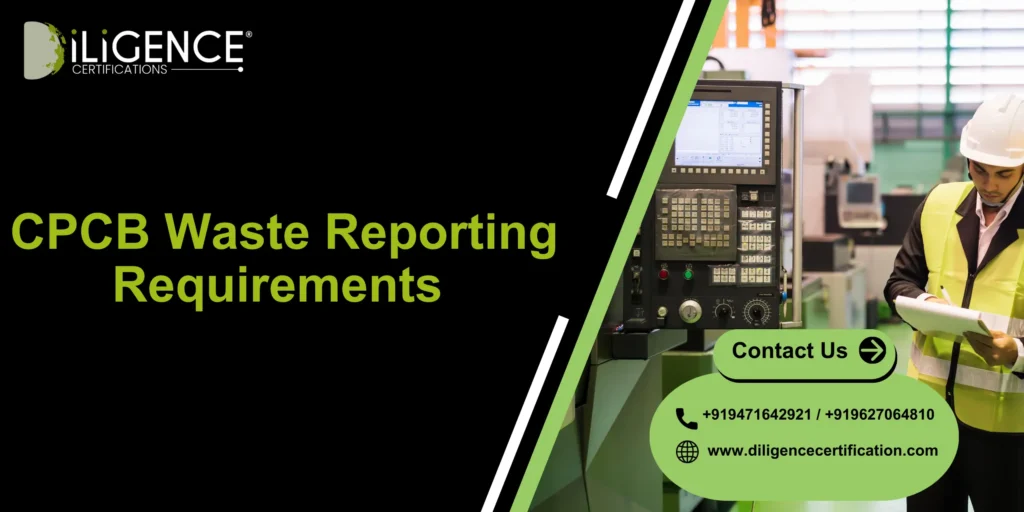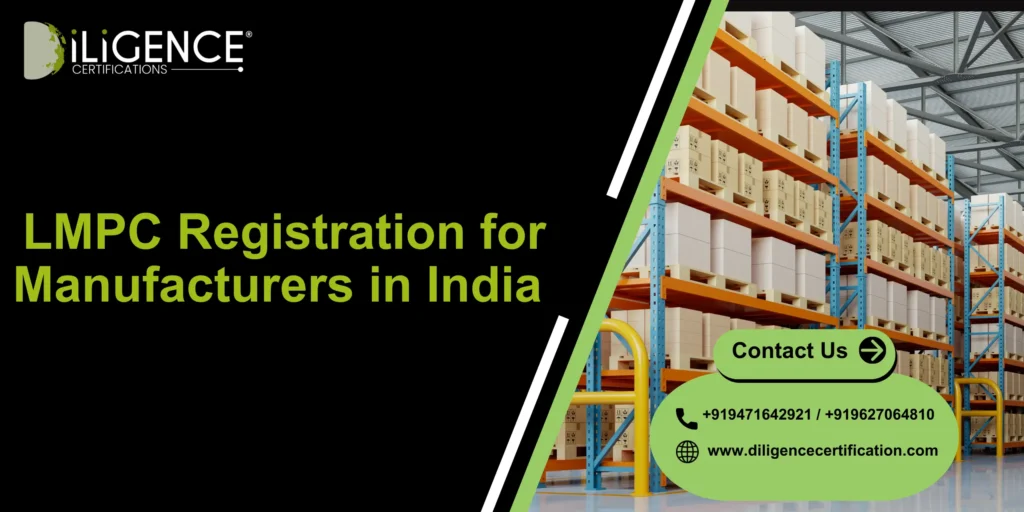- Drug Export NOC allows Indian manufacturers to legally export pharmaceutical products abroad.
- It is granted by CDSCO or the State Licensing Authority for approved, unapproved, and banned drugs.
- Manufacturers must hold a valid license under Form 25/28 and comply with quality control standards.
- The application requires an export order, covering letter, purchase order, manufacturing license, invoice, and other supporting documents.
- Obtaining the NOC ensures regulatory compliance, prevents penalties, enhances credibility, and facilitates international trade.
Introduction
India is the third largest manufacturer of pharmaceutical products in the world, by volume and is one of the greatest suppliers of generic medicines globally. India exports pharmaceutical products to more than 200 countries, and the industry is valued at over $25 billion per year. Indian manufacturers are significant players in the delivery of inexpensive, high-quality medicines around the world. A recent case illuminates this:
A company in Hyderabad was awarded a contract to supply anti-malarial drugs for an African country, and they did have sufficient manufacture capacity; however, the shipment was being held in customs pending a No Objection Certificate (NOC) which must be obtained prior to any shipment of drugs. This caused not only penalties on the contract but strained relationships with the buyer. The Indian pharmaceutical export licensing mechanism is critically important to international pharmaceuticals trade for the future.
What is a Drug Export NOC?
Definition and Legal Significance
A Drug Export NOC (No Objection Certificate) is a certificate issued by authorized drug authorities in India such as Central Drugs Standard Control Organisation (CDSCO) or State Licensing Authorities (SLA). It serves as a legal permission for pharmaceutical manufacturers that possess valid manufacturing licenses (Form 25 or Form 28) to export pharmaceutical products from India for use in other countries.
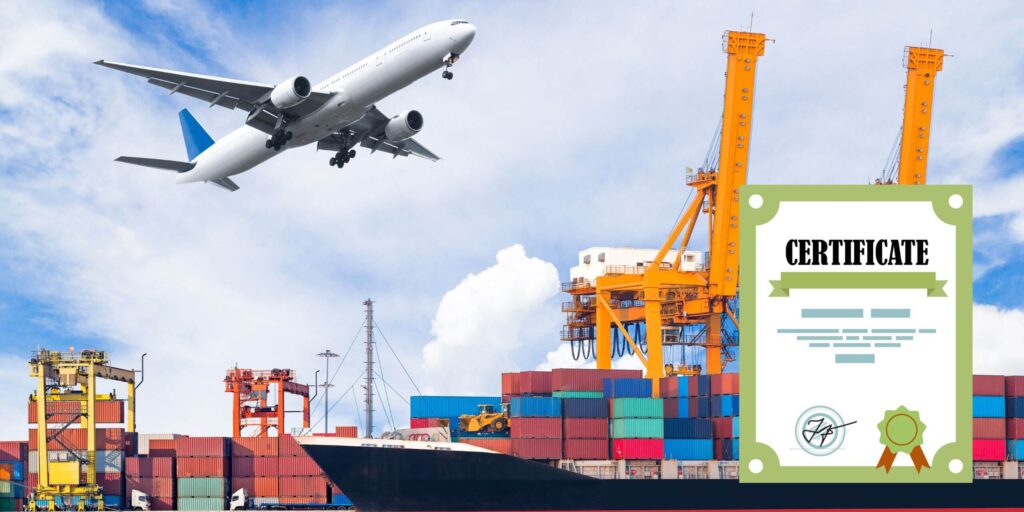
The Drug Export NOC ensures that medicines exported from India are compliant with the quality standards and with regulations in India and in the importing country. It is required for the export of pharmaceutical products whether the product is an approved medicine for the Indian market or is a product manufactured solely for export and not for sale in India.
Regulatory changes have required a Drug Export NOC since August 2018 regardless of whether the drug is approved or banned for export. As a result, a manufacturer may still export the product if the product is banned for sale in India but is permitted for sale in the country of destination upon receipt of the proper authority in a Drug Export NOC.
Regulatory Authority and Oversight
The Central Drugs Standard Control Organisation is the responsible authority for issuing a CDSCO export license under the Drugs and Cosmetics Act, 1940. CDSCO has many zonal and sub-zonal offices across the country which govern and operate through their respective geographical jurisdiction. In addition to CDSCO, State Licensing Authorities are able to issue export NOCs based on drug categories and other criteria. The authority selection will most often depend on the drug schedule, its status of being banned for sale in India, and the type of manufacturing license (Form 25, Form 28, or other) the applicant holds.
Understanding the governing authority that governs your scenario is important for pharmaceutical export compliance. Applying to the wrong authority will have the application rejected and create significant delays in obtaining your drug export license India.
Why Drug Export NOC is Essential for Pharmaceutical Manufacturers
Legal Compliance and Risk Management
Manufacturers operating without a proper Drug Export NOC face substantial legal exposure. Customs authorities are checking that all export documents are in order, and facilities are at risk of detainment or civil/criminal penalties as a result of shipments that lack valid NOC’s due to the Drugs and Cosmetics Act or Regulations. International buyers may also require legitimate proof of authorization to ship and a NOC can support this proof of the manufacturer’s regulatory compliance.
Building Global Credibility
Exporting pharmaceuticals using a CDSCO Export license develops peace of mind and credibility with international partners. Exports to markets such as the United States, Europe, the United Kingdom, or Australia may require proof that the drug has originated from a regulatory compliant manufacturer. A legitimate export license establishes manufacturer’s reputation that export regulatory authorities take seriously and authorizations do enhance reputation. Further, this will open up additional access to premium markets with additional margins and potential long-term supply agreements, Partners also become much more likely to forgive other mistakes operationally – greatly improving the likelihood of being selected over a low-cost manufacturer.
Better International Trade Capability
A valid Drug Export NOC, while required, leads to faster customs clearance by foreign politicians that were tasked with the duty of checking import documents, improved storage costs while waiting to clear customs, and faster delivery times during shipping timeframes, particularly for cold chain distribution.
Eligibility Criteria for Drug Export NOC
Manufacturing License Criteria
Prior to initiating the Drug Export NOC process, manufacturers must possess a valid license issued under either Form 25 (allopathic drugs) or Form 28 (Ayurvedic, Siddha, or Unani drugs) for the specific formulations selected for export. The production facility must also be registered with the appropriate regulatory authority, and must meet the standards of the Good Manufacturing Practices (GMP).
Product-Specific Export Requirements
The NOC can be obtained for approved drugs, drugs approved solely for export, and drugs that are banned in India but permitted in the destination country. If the drug is banned, the manufacturer must get explicit approval from the regulatory authority of the country to which it is being exported.
Quality Control and Analytical Approval Requirements
The exported products must meet some quality control testing. The facility must keep records of the batch testing, stability data, and analytical certificates if requested.
Commitment to Preventing the Domestic Sale of Export Only Products
Manufacturers must ensure that products approved only for export are not sold in India. Leftover stock must be rightly destroyed under appropriate supervision and certificates of destruction must be sent to the authorities to eliminate those products from being sold in India illegally.
Documents Required for Drug Export NOC
The essential documentation includes:
Covering Letter
A formal letter on company letterhead stating the intention to export, including details of the drug (generic/brand name, dosage, strength, composition), destination country, quantity, and purpose. The letter should be signed by an authorised company signatory.
Purchase Order from Overseas Buyer
A purchase order from the buyer in the importing country which is recently dated (generally within the last six months) is required. The purchase order must include the specification of product, quantity to be purchased, delivery terms, name and contact details of buyer and government requirements, and be signed by an appropriate individual with the authority to sign.
Valid Manufacturing License
A certified copy of current Form 25 or Form 28 license, for the drug categories to be exported, should be provided. If there are any renewal documents provided, this should also be included.
Performa Invoice
A proforma invoice should be provided for the buyer overseas, which specifies the product specifications, quantity, price, shipping and payment terms. The invoice should comply with the purchase order and be signed by an authorised representative.
Registration Certificate from the Importing Country
If the product is banned from export from India but is legal to sell in the destination country, registration would be required for it to sold legitimately there.
Additional Supporting Documents
These documents will include Aadhaar, proof of address, company registration, GST, PAN, Bank details, and authorisation letters if these documents are being submitted on behalf of the company/agent by an employee. First time applicants may also be required to include documentation regarding plant layout, laboratory equipment and arrangements for quality control measures.
Step-by-Step Process to Obtain Drug Export NOC
Step 1: Confirm Eligibility and Collect Documents
Check your manufacturing license validity, the export order and any necessary special permissions. Collect all the relevant and necessary documentation to reduce the potential for rejection.
Step 2: Application Preparation and Common Submission Format (CSF)
Prepare the application in the CSF as required by the CDSCO, providing details about the applicant, information about the drug, the site of manufacturing, quality control, and regulatory status. All supporting documents should be attached in accordance with the prescribed order.
Step 3: Application Submission
Submit to either the appropriate zonal or sub-zonal CDSCO office or State Licensing Authority and include application fees, or be prepared to submit online and retain all receipts of acknowledgement.
Step 4: Inspection and Verification
CDSCO may request inspection of your facility and confirm all aspects of drug production, quality control, storage conditions, batch records, and compliance with license and/or product requirements. Ensure all aspects of your documentation, and stock location and details match accordingly, prior to the inspection.
Step 5: NOC Issuance
If the verification is approved, you will receive the Drug Export NOC, and should reference the specific export order, the drug name, batch numbers, quantity, place of manufacturing, destination site and validity, usually within 30-90 days.
Key Compliance Points for Drug Export NOC Holders
Identification of Export-Only Production
Products exclusively intended for export must be marked “For Export Only” to ensure that these products are not diverted into the domestic Indian market. During inspections these products will be visually validated and verified to ensure there are no infringements.
Monitoring of Prohibited Products
If a drug becomes prohibited from production or importation in India, or the importing country, production and exportation must cease immediately. It is considered a violation of product regulation laws if any product is captured in this manner and this may result in the cancellation of your business license.
Destruction of Unshipped Inventory
Any product that has been produced as export only, but has not been shipped or was returned to the manufacturer must be destroyed under authorities supervision in accordance with the Drugs and Cosmetics Act. A destruction certificate must be presented to the authorities to ensure that these products are not re-circulated in the domestic Indian market.
Legal Protection and Customs Compliance
If the manufacturer has a Drug Export NOC, the manufacture is legally covered under the Drugs and Cosmetics Act, and may produce drugs in compliance with the Act. This also supports ease of customs clearance, allowing you to focus more on business growth and not so much legislation concerns.
Ability to Access High-Value International Markets
When you obtain a CDSCO export license, you get access to global regulated markets such as the USA, EU, UK, Canada, and Australia. These high-value markets promote better business margins and long-term contracts.
Enhanced Business Credibility
International buyers will have elevated perception of the manufacturer, as a result of the manufacturer having a Drug Export NOC. These perceptions can lead to improved business terms, longer terms, advance payments, and more favorable long-term partnerships.
Prevention of Delays and Costs
If products are documented correctly, there will not be any detainment of the shipment and associated shipping costs are minimized, including demurrage fees, storage costs, and spoilage of temperature-sensitive shipments ensuring a smooth supply chain operation.
Special Considerations for Approved and Banned Drug Export
Understanding the Regulatory Framework
Pharmaceutical regulations vary across countries. Drugs banned in India may be legally approved abroad. Since August 2018, Indian manufacturers can export such drugs with a proper Drug Export NOC and evidence of approval in the destination country.
Additional Documentation Requirements
For approved and banned drug exports, submit a current registration certificate or import permit from the importing country. Include details on medical use, supporting scientific literature, and regulatory status in other countries.
Heightened Compliance Scrutiny
Applications for banned drugs undergo stricter verification. CDSCO may authenticate foreign certificates, request additional details about the importer, and inspect manufacturing facilities, possibly extending processing times.
Ethical Considerations
Manufacturers should ensure the destination country has legitimate medical needs and regulatory oversight. Ethical compliance protects reputation and ensures long-term sustainability in international markets.
Common Challenges and How to Overcome Them
Documentation issues and incompleteness
Incomplete or incorrect documents, purchase order discrepancies, expired licenses, and missing foreign registration certificates often lead to NOC refusals. To avoid potential problems, use checklists, institutions, and other professionals to verify the documentation accuracy.
Inspection failures
Facilities failing to meet GMP standards and/or with limited quality control may have an NOC application refused. To reach GMP compliance, conduct internal audits, remedy observations, ensure equipment is functional, and train the staff prior to submitting an application.
Delays in processing
Even with compliant documentation, processing time can vary due to delays, inspections, and requests for additional information. Apply 90-120 days in advance, follow-up, and reach out to CDSCO consultants to ensure functionality of the application process.
Changes in regulatory requirements
Occasionally regulations change during processing and require additional documents and/or processes. Stay aware by checking the CDSCO website and using industry bulletins as well as regulatory CDSCO consultants.
Why Choose Diligence Certifications for Drug Export NOC
Specialized Assistance with Complicated Regulations
India’s pharmaceutical export regulations are complicated and consistently changing. CDSCO Consultants, with experience in drug export license India applications, can advise you as a first-time exporter, or if you deal with approved or banned drugs, to help you prepare your application accurately and to meet regulatory agency requirements for your export.
Steady and Thorough Application Assistance
CDSCO Consultants can help with assessing eligibility to apply, preparing your manifest documentation, applying for Common Submission Format applications, and liaising with overseas buyers on documentation, which will remove considerable pressure on you and your internal team and help you focus on other related work.
Management of your Regulatory Agency Inspection
Experts assist with conducting an audit right before inspections and help identify, monitor, and mitigate compliance gaps. They will also act as intermediaries between your organization and CDACO inspectors to help present the inspection and your facility accurately, objectively, and transparently.
Maximizing Time and Avoiding Waste
These relationships will typically improve your probability of being approved, reduce your rework, and that may ultimately save you time and costs. Developing your network with registered professionals will ensure that processing will run seamlessly when you must export in the future.
For export readiness and exporter compliance, obtain a Diligence Certifications through qualified regulatory professionals that will protect your business and credibility in the international marketplace.
Conclusion
The Drug Export NOC is essential for Indian pharmaceutical manufacturers who are interested in pursuing increasing opportunities globally in healthcare. As India continues its development as “the pharmacy of the world,” it will become increasingly important for regulatory compliance through export authorizations for continued international growth and opportunities.
If you are an established manufacturer considering expansion into new international markets, or a first-time manufacturer looking to export pharmaceutical products from India, you should prioritize gaining knowledge with and obtaining the NOC for drug export.
Acquiring a license for drug export in India involves attention to detail, cooperation for the preparation of documentation, and a working knowledge of regulations. Each item, from drug export documentation preparation to working through approved and banned drug export status, involves specific knowledge and careful training.
For many manufacturers, employing professional regulatory CDSCO consultants helps improve the likelihood of a successful drug export NOC application and decreases the burden of administrative work on their internal team. When an experienced regulatory specialist works for you, you will have confidence that your CDSCO export license application is prepared correctly, thoroughly compiled, and ready for streamlined processing.
Act now, and understand the process to obtain a Drug Export NOC so that you can effectively convert your manufacturing capabilities into international commercial successes.
If your company is looking for complete regulation support, working with knowledgeable CDSCO consultants that know the ins-and-outs of Indian pharmaceutical export regulations can effectively manage the entire process—from the initial application through to the final issuance of your NOC and remaining compliant along the way.
Grow your pharmaceutical business into other countries. Obtain your Drug Export NOC today, and take your case for long-term sustainability in the international health care markets.
Frequently Asked Questions
What exactly is a Drug Export NOC?
A Drug Export NOC is a No Objection Certificate issued by CDSCO or State Licensing Authorities that provides official authorisation for pharmaceutical manufacturers to legally export pharmaceutical products from India to international markets.
Who can apply for a NOC for drug export?
Only pharmaceutical manufacturers holding valid manufacturing licenses under Form 25 (for allopathic drugs) or Form 28 (for Ayurvedic, Siddha, Unani drugs) can apply for a NOC for drug export. The manufacturing facility must be operational and compliant with GMP standards.
What documents are required for the application?
Essential drug export documentation includes a covering letter, purchase order from overseas buyer, valid manufacturing license, performa invoice, and for banned drugs, a registration certificate from the importing country's regulatory authority. Additional personal and business documents are also required.
How long is the Drug Export NOC valid?
The Drug Export NOC is typically issued on a case-by-case basis for specific export orders mentioned in the application. It covers the particular batches and quantities specified in the purchase order rather than serving as a blanket permission for unlimited exports.
Can I export drugs that are banned in India?
Yes, approved and banned drug export is permissible under the current regulatory framework, provided you obtain proper authorisation through the Drug Export NOC process and submit valid registration certificates proving the drug is legally approved in the destination country.
What is a CDSCO export license?
A CDSCO export license refers to the export authorisation (NOC) issued by the Central Drugs Standard Control Organisation, which is the primary regulatory body governing pharmaceutical manufacturing and export in India.
How long does it take to obtain the NOC?
The processing time for a drug export license India typically ranges from 30 to 90 days depending on application completeness, inspection scheduling, and the complexity of the drug category. Applications involving banned drugs may require additional processing time.
Is professional help necessary for obtaining Drug Export NOC?
While not mandatory, professional consultants specialising in pharma export compliance significantly increase success rates and reduce processing times. They ensure proper documentation, coordinate inspections, and handle regulatory liaison, making the process considerably smoother.
What happens if my exported drug becomes banned after NOC issuance?
If a drug you are exporting becomes prohibited in either India or the importing country after your NOC for drug export is issued, you must immediately cease production and export activities for that drug, regardless of the NOC validity.
Can one NOC be used for multiple shipments?
Generally, a Drug Export NOC is issued for specific batches and quantities mentioned in a particular purchase order. For subsequent orders or additional shipments, you typically need to apply for fresh NOCs, though some authorities may grant NOCs covering multiple batches if properly justified.







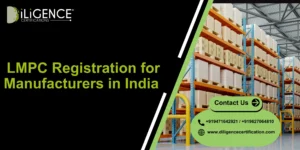
 BIS Certification
BIS Certification
 CDSCO
CDSCO
 CPCB
CPCB
 LMPC
LMPC
 WPC Approval
WPC Approval
 Global Approvals
Global Approvals
 TEC
TEC
 ARAI
ARAI
 BEE
BEE
 ISO Certification
ISO Certification
 Drone Registration
Drone Registration
 NOC For Steel
NOC For Steel



















 Business Registration
Business Registration















 Legal Services
Legal Services
 Trademark Registration
Trademark Registration
 Copyright Registration
Copyright Registration
 Patent Registration
Patent Registration
